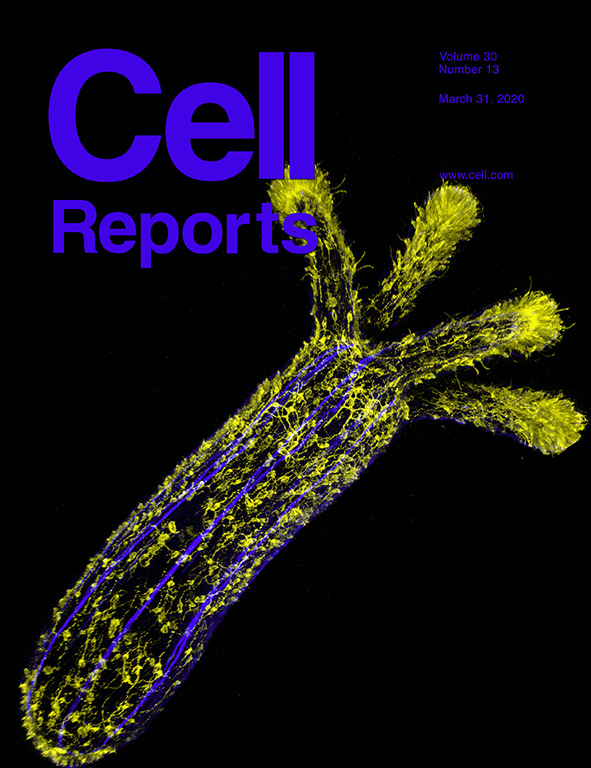We are pleased to inform that in cooperation with our American partners from Dana-Farber Cancer Institute (Boston, MA), Beata Małachowska MD PhD, Marcin Stańczak and Wojciech Fendler MD PhD published a paper entitled Defining and Targeting Adaptations to Oncogenic KRASG12C Inhibition Using Quantitative Temporal Proteomics in Cell Reports journal.
Recently developed inhibitors of mutant KRAS protein are being evaluated in clinical trials and are hoped to serve as a targeted treatment in non-small-cell lung cancer (NSCLC) and pancreatic ductal adenocarcinoma (PDAC) in patients with KRASG12C mutation. What might spoil their success is a phenomenon of developing resistance to the drug during therapy which has been observed and could potentially limit the efficacy of the treatment.
In this study, mass spectrometry-based quantitative temporal proteomics (a state-of-the-art method for analyzing the amounts of proteins in cells) was used to investigate the response of cancer cells to the drug and to observe how it changes over time. Of interest, not only 2D, but also 3D cellular models were used (they simulate human tissue more realistically).
Our team participated in data analysis which lead to identification of pathways involved in adaptation to KRAS inhibitor and in-silico prediction of drug combinations that could prevent development of resistance. Afterneath, promising combinations were tested in 2D and 3D growth conditions and lead to identification of combinatorial regimens with potential therapeutic utility.

